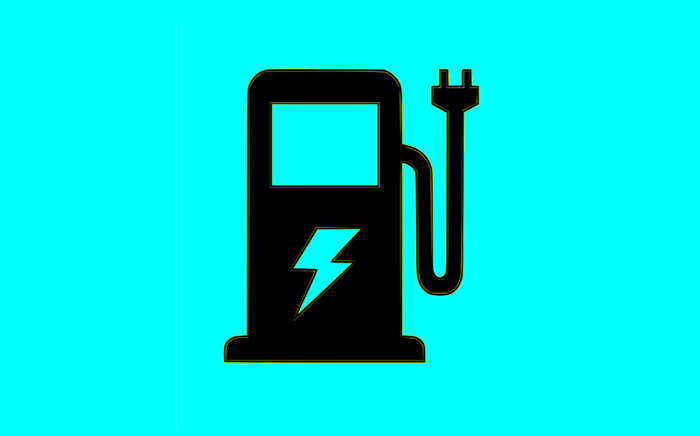Dacorum is calling on residents to complete a short survey, which will help them to plan where to install electric vehicle charging infrastructure.
In Dacorum, transport is responsible for a massive 43% of the borough’s greenhouse gas emissions. To help tackle the climate emergency, reducing car use and increasing active travel (such as walking and cycling), will be crucial in order to lower our emissions.
From 2030, the sale of petrol and diesel vehicles will be banned. The number of electric vehicle drivers is growing and it’s a trend that’s set to continue. Electric vehicles have zero tailpipe emissions, making them better not only for drastically helping to reduce emissions, but for improving our air quality too. Another key benefit for owners is the savings on fuel and running costs.
The Council is currently developing an Electric Vehicle Strategy in order to support residents transition to electric vehicles. Dacorum is working with various organisations on this, as well as Hertfordshire County Council. Whilst the majority of residents will be able to easily charge their electric vehicles from home on their own driveways, this option is not available for over a third of Dacorum’s households. As such, a key part of the strategy will be planning where to install more charge-points throughout the borough – including Council-owned car parks, residential streets and in new build developments. We will also be liaising with businesses to encourage them to install charge-points on their land too.
Dacorum has launched a quick and easy new Electric Vehicle Resident’s Survey, to help understand the short-term and future needs for residents. Please take five minutes to complete the survey here: www.dacorum.gov.uk/sustainability
Your answers to this survey will ensure that we can plan to meet the borough’s growing needs; provide insight into various electric vehicle initiatives; as well as provide valuable evidence which can help the Council secure funding for charge-points.
If you would like to learn more about electric vehicles, the Energy Savings Trust website has useful information and advice.


